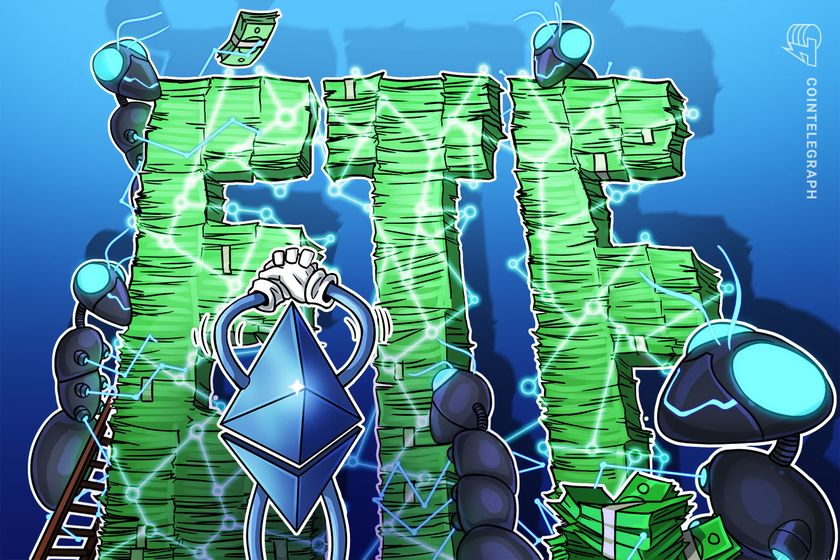Singapore to introduce uniform screening standards for crypto bank accounts

Potential guidelines reportedly won’t have a binding force over banks, which can rely on their own risk assessment.
Singapore regulators are working with traditional banks to develop uniform standards for screening potential customers from the crypto industry. The collaboration has been ongoing for the last six months.
According to a Bloomberg report from April 6, the Monetary Authority of Singapore (MAS) has been working alongside the police forces to help local banks optimize their procedures for opening accounts of digital asset service providers. After half a year of cooperation, its results and conclusions for risk management and due diligence will be published in the next two months.
The potential guidelines will also cover the topics of stablecoins, nonfungible tokens (NFTs) and transferable gaming or streaming credits. At the same time, the banks will reserve the right to make decisions based on guidelines and their own risk assessment.
Related: Singaporean women ‘outperforming’ men in crypto trades, survey reveals
As MAS representatives told journalists, currently, there are no rules prohibiting the banks from working with digital asset providers:
“Banks make their own determination of whether to start or continue a banking relationship with a customer, balancing between commercial considerations and business risk tolerance.”
Singapore has established itself as a hub for crypto businesses owing to its flexible tax policies, access to diverse tech talent and convenient location, allowing companies to operate smoothly within the region in Asian time zones. However, in late 2022, the MAS proposed banning digital payment token service providers from offering “any credit facility” to consumers, including both fiat and cryptocurrencies. Back then, local crypto lobbyists voiced their opposition to the proposal.
Currently, the local enforcers are conducting a probe connected to failed Terraform Labs and its co-founder Do Kwon. The collapse of the Terra ecosystem caused a major implosion in the digital asset market, with losses of nearly $40 billion.
Magazine: US enforcement agencies are turning up the heat on crypto-related crime









